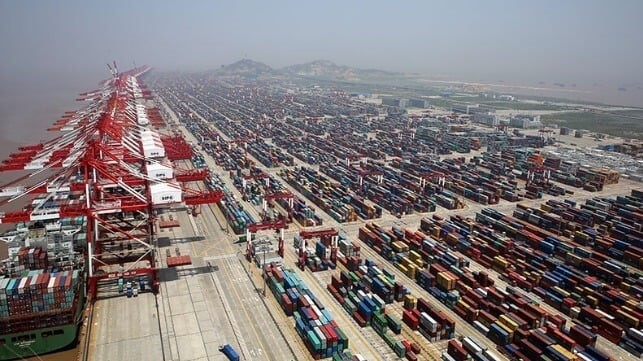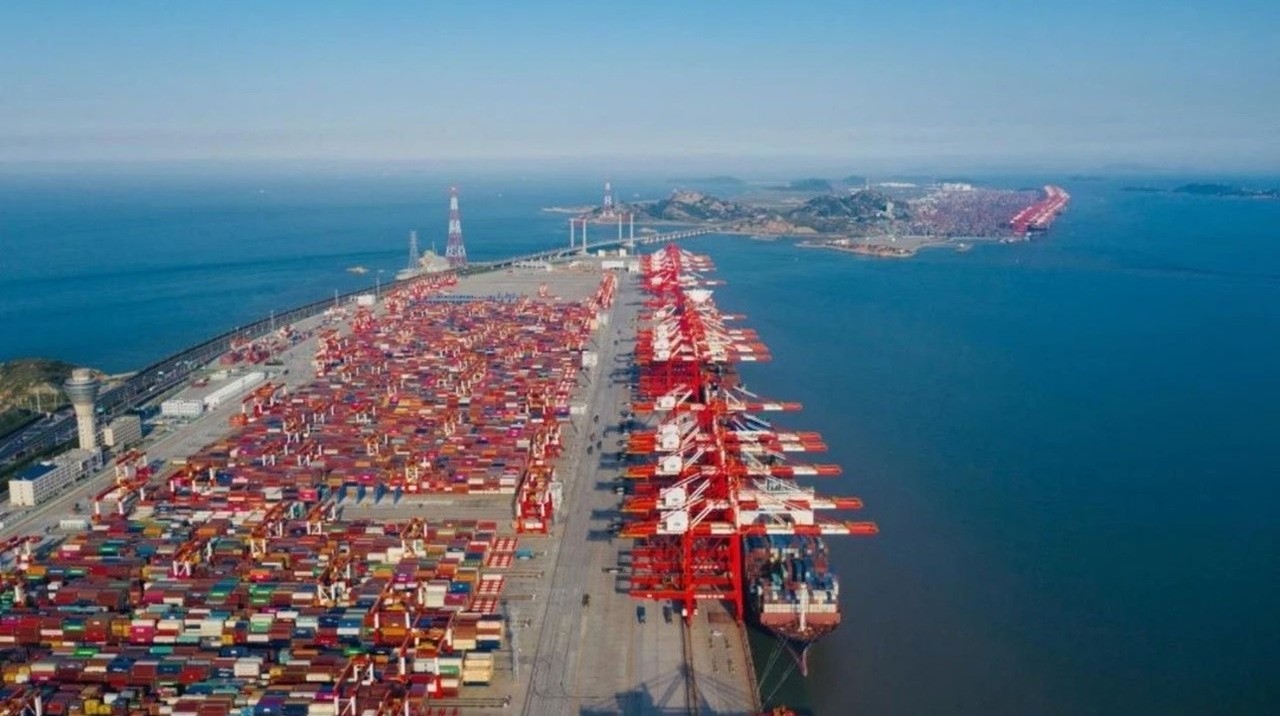
IMF: Trump’s Tariffs Could Slow Global Trade Growth By Half In 2025
IMF Warns of Global Economic Slowdown Amid Escalating U.S. Tariff Policies
The International Monetary Fund (IMF) has issued a stark warning in its latest World Economic Outlook, forecasting a significant slowdown in both global trade and economic growth if the United States continues with its current tariff strategy.
In a marked revision from its January projections, the IMF has halved its 2025 global trade growth forecast, dropping it from 3.2% to just 1.7%. Global economic growth is also expected to decelerate, with the 2025 estimate reduced from 3.3% to 2.8%. While this points to a broad economic slowdown, it stops short of predicting a full-scale recession.
The United States, which is spearheading the new wave of tariff measures, is expected to be the most adversely impacted among OECD nations. The IMF projects that U.S. economic growth in 2025 will shrink from 1.8% to just 0.9% if current policies persist.
These forecasts are based on the assumption that the Trump administration will proceed with its planned “reciprocal” tariffs, affecting a wide range of global trading partners. However, the administration’s stance on trade policy has been fluid, and the final scope of the tariffs remains uncertain.
Tensions surrounding the U.S.-China trade relationship are particularly intense. During a private meeting with JP Morgan investors, Treasury Secretary Scott Bessent described the escalating trade conflict with China as “unsustainable.” The United States currently imposes a top tariff rate of 145% on Chinese imports—its highest on any trading partner—while China has retaliated with a 125% tariff on U.S. goods.
Despite the standoff, Bessent suggested that a de-escalation of trade tensions could occur in the near future, even though no formal negotiations with Beijing have begun. His remarks appeared to reassure investors, as U.S. markets rebounded sharply, recovering the previous day’s losses.
Meanwhile, White House Press Secretary Karoline Leavitt confirmed that the administration is reviewing 18 separate trade proposals and plans to engage in talks with representatives from 34 countries within the week. She also noted that no official discussions on tariffs have yet taken place between President Donald Trump and Chinese President Xi Jinping.
President Trump, speaking on Tuesday, struck a conciliatory tone: “We’re going to be very nice [with China]. They’re going to be very nice. And we’ll see what happens.” However, he also emphasized that a trade agreement is necessary for China to maintain access to U.S. markets.
Despite his historically tough rhetoric on Chinese trade practices, Trump signaled a willingness to avoid aggressive negotiations. Yet his preference for bilateral, nation-by-nation trade deals may face resistance. The Chinese government has issued strong warnings to countries considering trade agreements with the U.S. that may undermine Beijing’s interests.
“China firmly opposes any party reaching a deal at the expense of China’s interests,” the Chinese Ministry of Commerce said in a statement. “Seeking exemptions by sacrificing others’ interests is like asking a tiger for its skin. It is a self-defeating approach that will ultimately harm all involved.”
As the global economy braces for the impact of prolonged trade tensions, all eyes remain on Washington and Beijing for signs of diplomatic progress.


